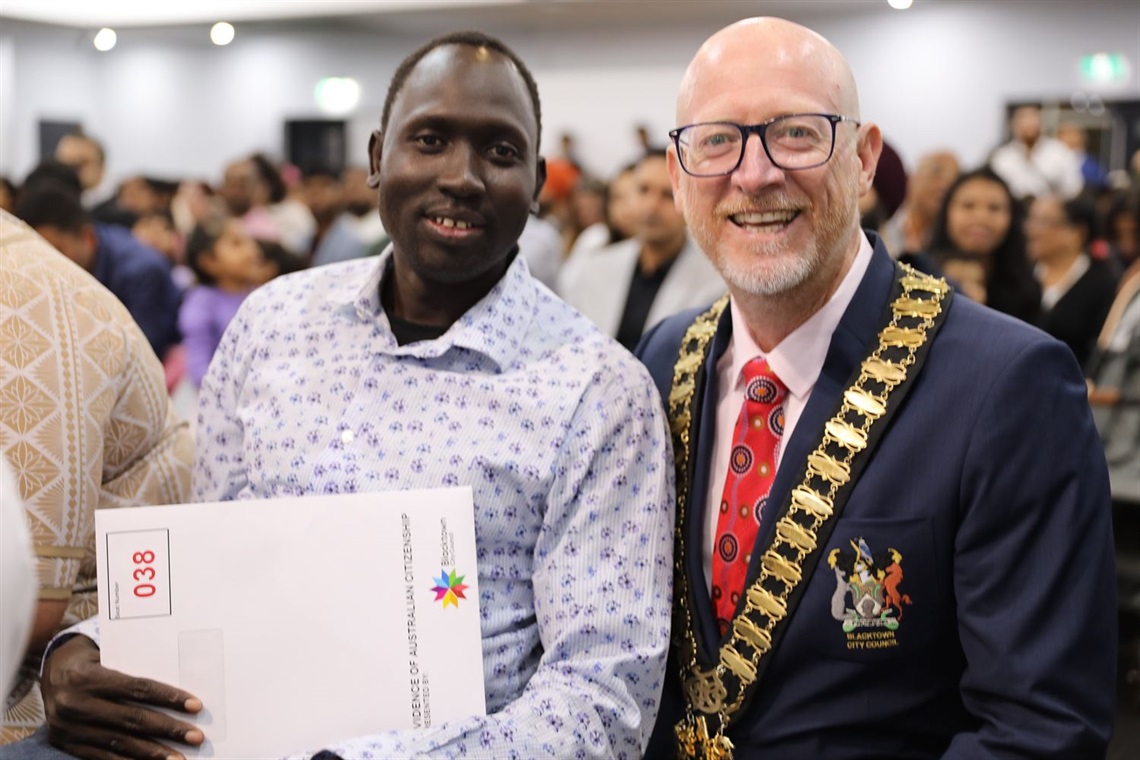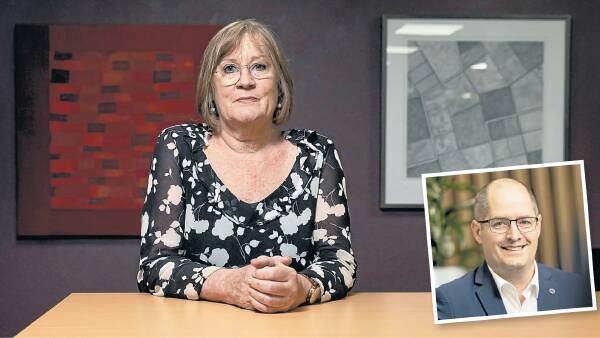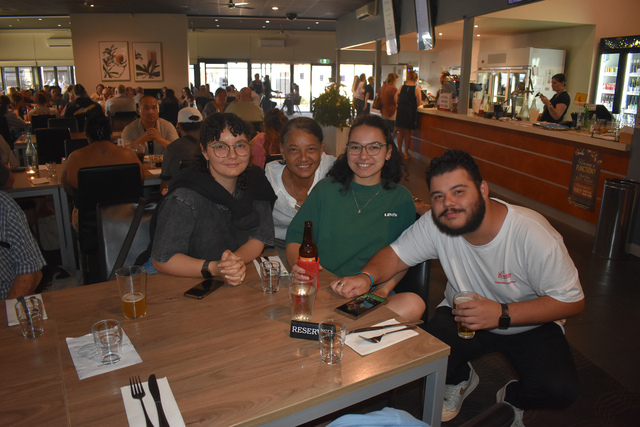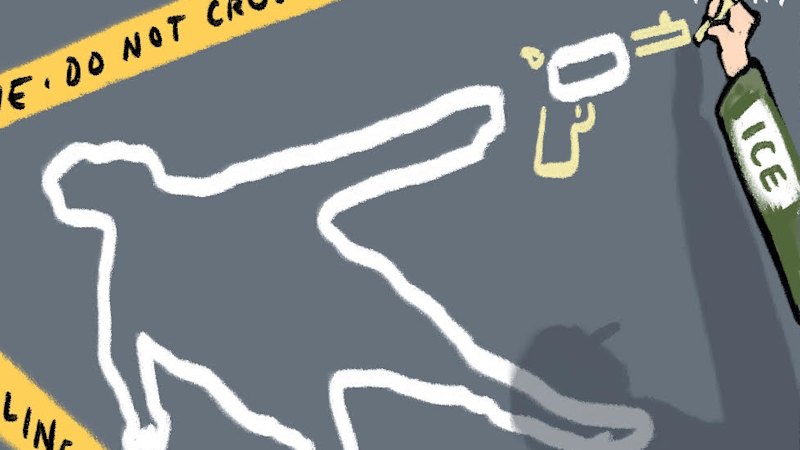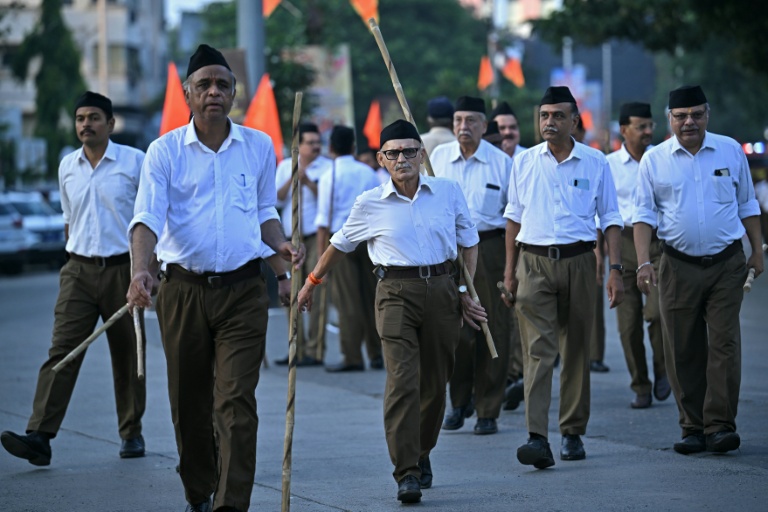
Thousands of uniformed volunteers paraded through Nagpur, India, celebrating the 100th anniversary of the Rashtriya Swayamsevak Sangh (RSS), a powerful Hindu ultranationalist organization. The event showcased the group’s significant presence in Indian society, drawing attention to its role as the ideological backbone of Prime Minister Narendra Modi‘s Bharatiya Janata Party (BJP). This gathering, marked by patriotic songs and disciplined formations, highlighted the RSS’s commitment to its vision of Hindu nationalism.
The RSS, founded in 1925, claims to be “the world’s largest organization,” although it does not disclose membership figures. Approximately 80 percent of India’s 1.4 billion population identifies as Hindu. The organization’s core belief, known as Hindutva, asserts that Hindus are not merely a religious group but represent the true national identity of India. Historian Mridula Mukherjee commented on the group’s willingness to confront those who oppose its ideology, including minorities such as Muslims, Sikhs, and Christians.
At the ceremony, RSS chief Mohan Bhagwat emphasized a more inclusive approach, suggesting that while minorities are accepted, they should not create divisions within society. This stance contrasts with historical criticisms of the RSS, which has faced accusations of promoting a divisive agenda. The group’s connection to past political violence, including the assassination of Mahatma Gandhi in 1948 by a former RSS member, continues to be a contentious topic.
The RSS has evolved since its inception during British colonial rule, diverging from the independence movements led by Gandhi and the Congress Party. Mukherjee pointed to archival evidence linking the RSS to European fascist movements, although Bhagwat dismissed such comparisons, asserting that the RSS is now more widely accepted in Indian society.
As of today, the RSS operates approximately 83,000 local units, known as “shakhas,” along with over 50,000 educational institutions and 120,000 social welfare initiatives across the country. These local units serve as recruitment centers, fostering a sense of community and shared values among participants. Attendees at a shakha in Nagpur mentioned the importance of unity and the promotion of altruism.
The RSS has played a pivotal role in Indian politics, particularly during the late 1980s when it spearheaded a movement that culminated in the demolition of a mosque in Ayodhya. This event marked a significant turning point, allowing the RSS to mobilize support around religious issues and solidifying its anti-Muslim stance. The BJP’s electoral victory in 2014, aided by the RSS, has since led to policies perceived as marginalizing India’s approximately 220 million Muslims.
Critics, including Raqib Hameed Naik, director of the US-based Center for the Study of Organized Hate, have highlighted an increase in violence and hate speech since Modi’s administration began. In response, RSS leaders, including Bhagwat, have denied involvement in such acts, asserting that allegations against the organization are unfounded.
The RSS has also seen its influence expand under Modi’s leadership, with commentators noting a shift in Indian society towards a more nationalistic and less liberal perspective. Former nationalist parliamentarian Swapan Dasgupta remarked on the RSS’s ability to steer societal values in this direction. Despite the criticisms, volunteers within the organization, such as Vyankatesh Somalwar, advocate for the promotion of positive values and national pride.
As the RSS celebrates a century of existence, its impact on Indian politics and society remains profound and complex. The organization continues to navigate its historical context while asserting its vision for India’s future, resonating with many who share its ideals.

